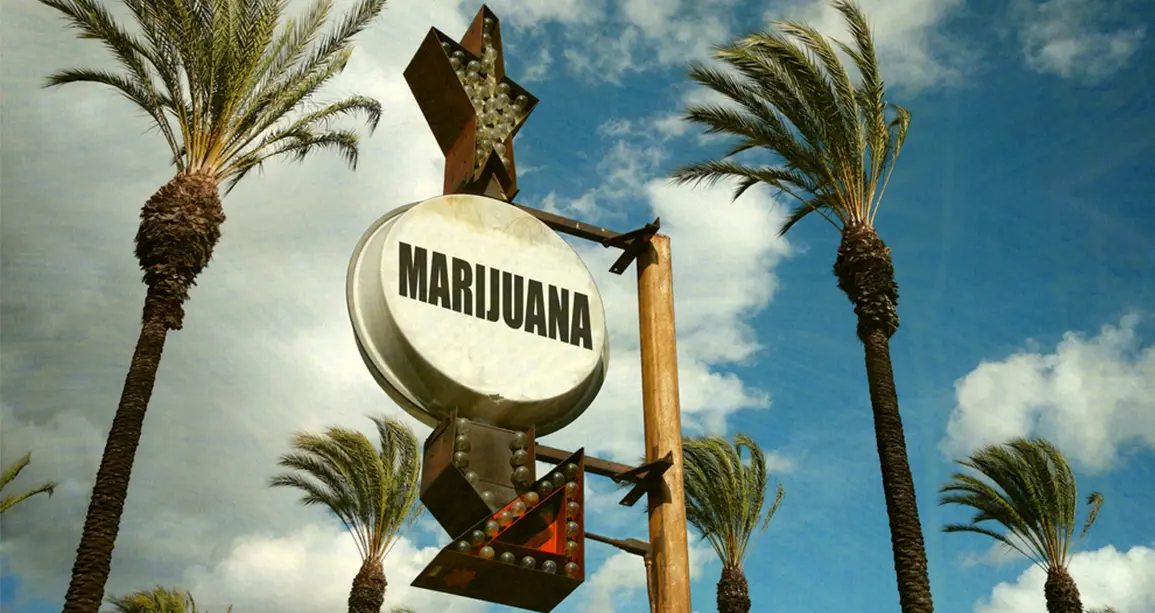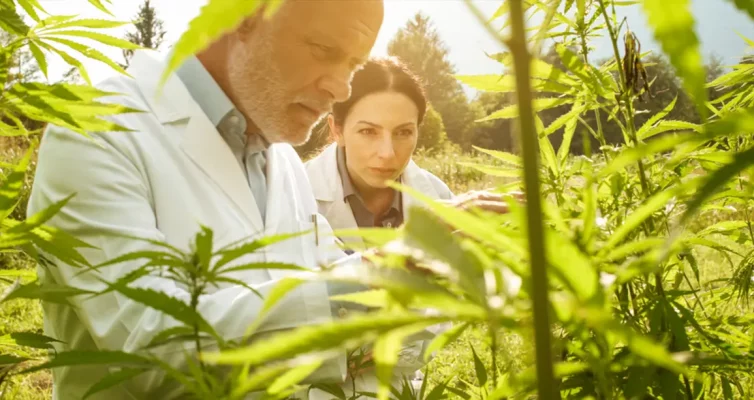Since the 1970s, California has been at the forefront of marijuana legislation, becoming one of the first states to decriminalize cannabis possession.
From its long and winding history with cannabis starting all the way back, right up to the modern day, as recreational use was made legal in 2018 – it’s safe to say that weed has firmly rooted itself into the Californian culture.
So dust off your bong and get ready as we look into how exactly California ended up so closely associated with cannabis usage today.
History of Psychoactive Cannabis in California
As we started, cannabis in California has been used for both medicinal and recreational purposes for many years.
In 1996, California became the first state in the United States to legalize medical cannabis with the passage of Proposition 215, also known as the Compassionate Use Act.
This part of California weed laws allows patients with a valid doctor’s recommendation to possess and use cannabis for medical purposes.
Industrial Hemp in California
Needless to say, industrial hemp has a long history in California.
It dates back to the early days of Spanish colonization in the late 1700s. People grew the plant for its fibers and seeds and used it for various purposes, such as textiles, paper, and food.
In the early 20th century, hemp cultivation was banned in the United States due to the Marihuana Tax Act of 1937, which was aimed at suppressing the recreational use of cannabis.
California has taken steps to revive the industrial hemp industry in recent years.
In 2016, California passed Assembly Bill 566, which allowed for the cultivation of industrial hemp as part of a pilot program. In 2018, the federal government passed the Farm Bill, which removed hemp from the controlled substances list and made it an ordinary agricultural commodity.
Since then, California has been actively working on creating regulations for the cultivation, processing, and distribution of hemp, but it’s still in a stage of evolution.
Bottom line?
Today, industrial hemp is grown in California for various purposes, such as food, fiber, and CBD oil.
With that, let’s check out the recreational cannabis journey in California throughout the years.
History of Recreational Cannabis in California
The history of recreational marijuana in California dates back to the 1960s and 1970s.
The state became a major center of the counterculture movement, and cannabis use became associated with the counterculture.
Despite this, cannabis was still illegal in California, and the plant’s possession, sale, or cultivation could result in criminal charges.
Proposition 215 passed in 1996, making California the first state in the United States to legalize medical cannabis. In California, individuals with a valid doctor’s recommendation can possess and use medical marijuana by the state’s medical cannabis laws.
It wasn’t until 2016 that California passed Proposition 64, also known as the Adult Use of Marijuana Act. It legalized the recreational use of cannabis for adults 21 years and older.
This made California the fifth state in the U.S. to legalize recreational cannabis. The law went into effect on January 1, 2018, allowing adults 21 and older to legally purchase and possess up to one ounce of cannabis and grow up to six plants for personal use.
Since then, California has implemented a system for licensing, regulating, and taxing the cannabis industry. The state has also expunged the criminal records of individuals convicted of certain cannabis-related offenses.
FAQ
Is weed legal in California?
When did cannabis go recreational in California?
Is cannabis native to California?
What was the first state to legalize weed?





